BrandVue
Our BrandVue tool places brand market research insights at your fingertips. It captures data across critical marketing and company performance.
Savanta is a data, market research and advisory company. We inform and inspire our clients through powerful data, empowering technology and high-impact consulting.
From agencies to the consultancy world, we help you differentiate your offering, perfect your pitches, win more business, and grow your and your clients' brands.
Learn MoreWith a myriad of partners and suppliers we ensure you create products, services and campaigns that truly propel business growth.
Learn moreHelping you navigate consumer needs, behaviours and attitudes to optimise the marketing mix and ensure your brand is set up for success in an ever-changing world.
Learn moreWhether it’s the general public, policy makers or key stakeholders, we inform policy decision making and communication strategies to deepen the understanding of your target audiences.
Learn more



Illuminating your world with smart techniques, sector expertise, intelligent mindsets and business acumen.
Providing you with simple access to a global market audience, with unrivalled costs and speed.
Delivering a full range of fieldwork data collection and analysis services to fit your needs.
Delivering instant intelligence about your market, brand and customers.
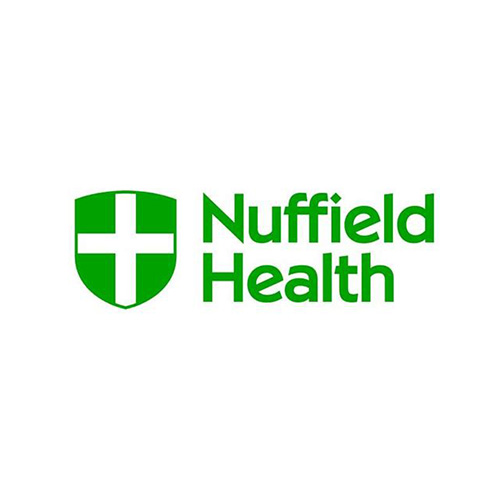





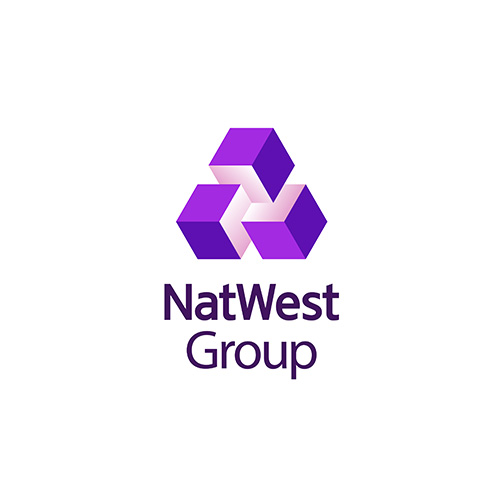


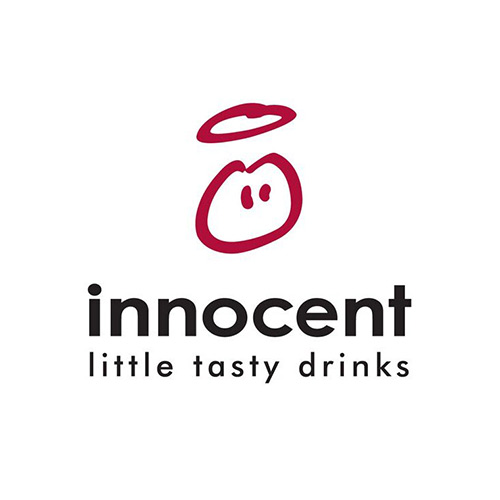
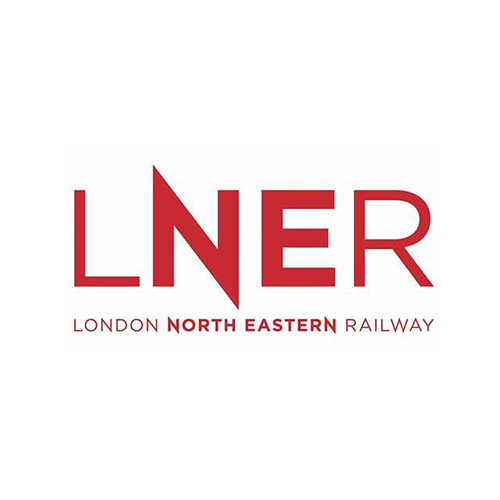
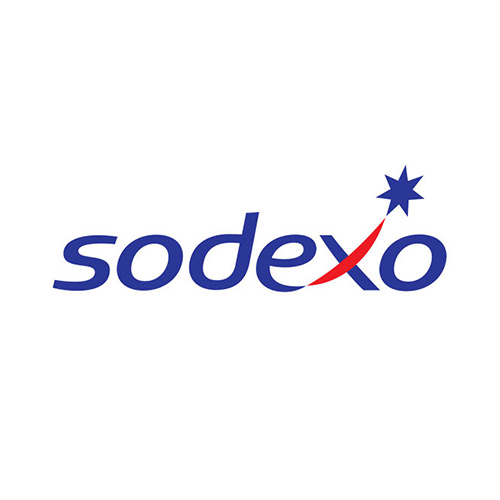

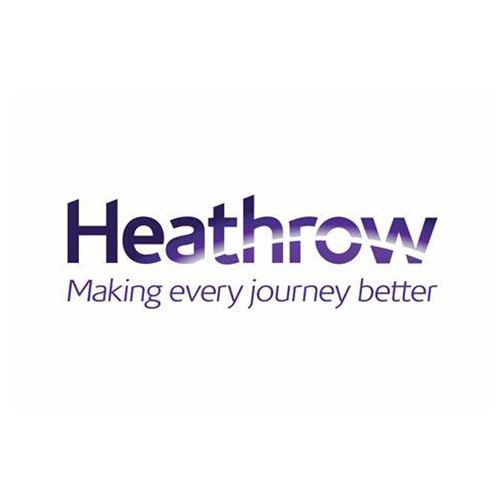


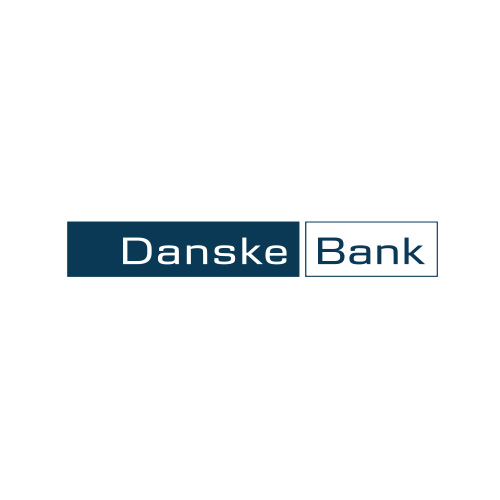
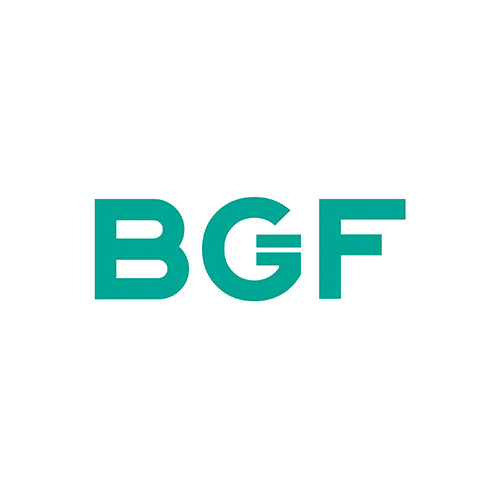

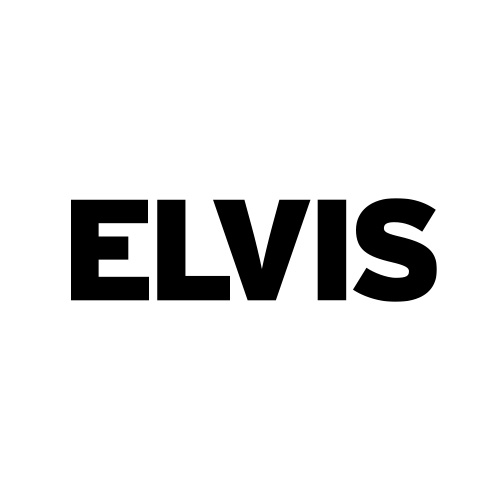

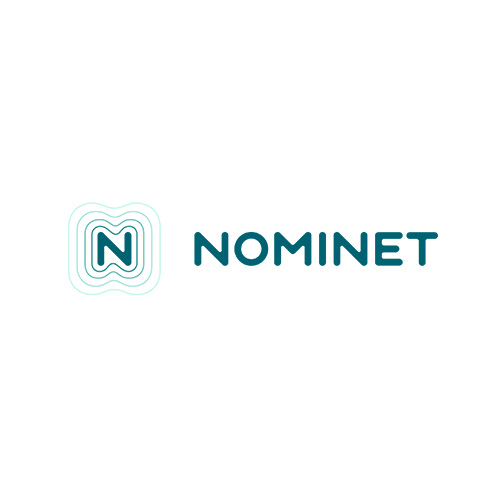



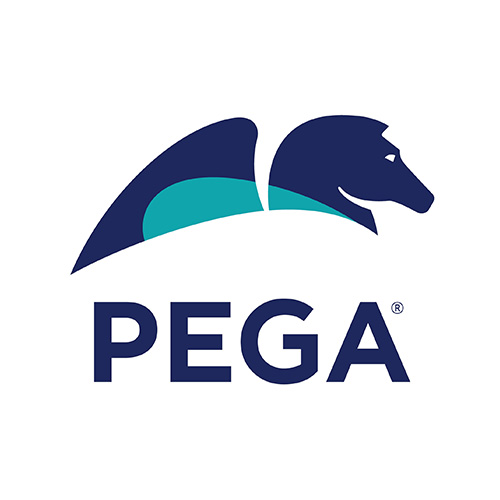





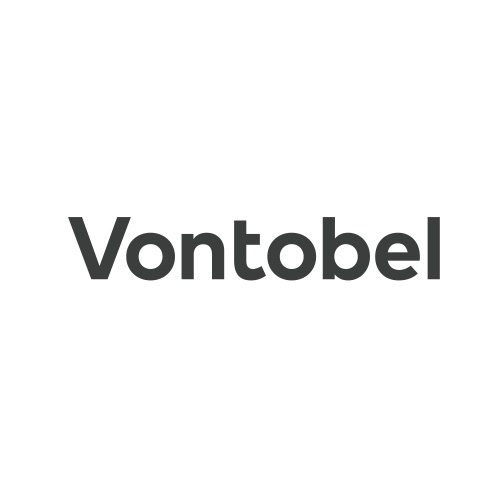

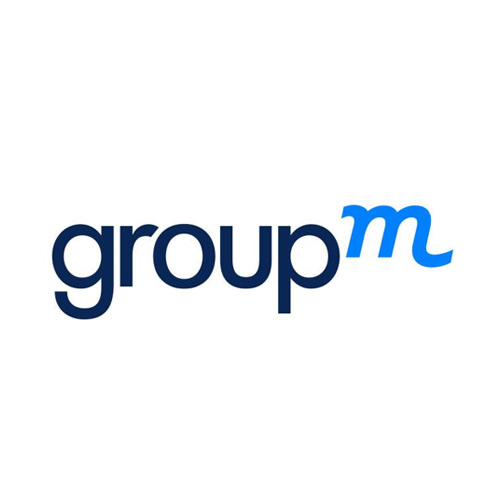
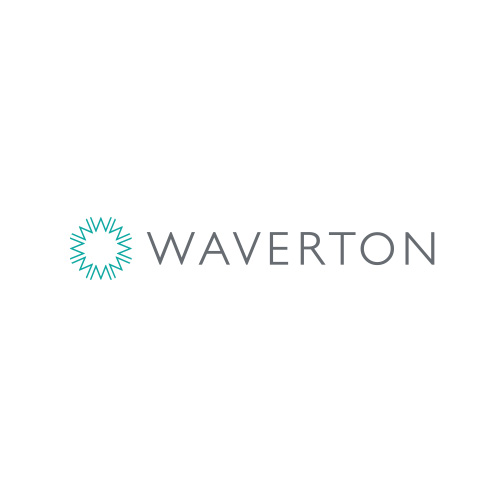

Our client is a premium Bistro-style restaurant chain. Using BrandVue data, they wanted to identify the key drivers of demand for their brand versus competitors and highlight opportunity areas for future growth.
Learn More
Our client, a high-street quick service restaurant, wanted to establish a link between sales data and BrandVue metrics to see which correlation was the strongest, to know which levers to pull to drive growth.
Learn More



Our client specialises in financial advice and offers insurance and investment products for doctors, dentists, and teachers. The client wanted to build on previous research to test whether their reports and policies were engaging and fit for purpose, (i.e., outline the objectives of the business). In addition to this, they wanted to gauge current and potential investors’ knowledge levels on risk and sustainable investing, and how this impacts their decisions around investing.
Learn More



Instant intelligence about your market, brand & customers.
Our BrandVue tool places brand market research insights at your fingertips. It captures data across critical marketing and company performance.
MarketVue gives financial services brands detailed insights into the behaviours, perceptions and experiences of business customers.
MillionaireVue helps luxury brands and wealth managers overcome the common issues they face when researching their target customers.
From consumers to businesses to parliamentarians, our range of omnibus surveys and trackers will enable you to better understand your audiences.
Get insight directly from Members of the House of Commons to understand their views of on your reputation, policy positioning and engagement activities.
Savanta Essentials is a modular suite of research products offering a low cost, high value alternative to traditional research and insights.
Providing a modular suite of research products offering a low cost, high value alternative to traditional business research and insights.




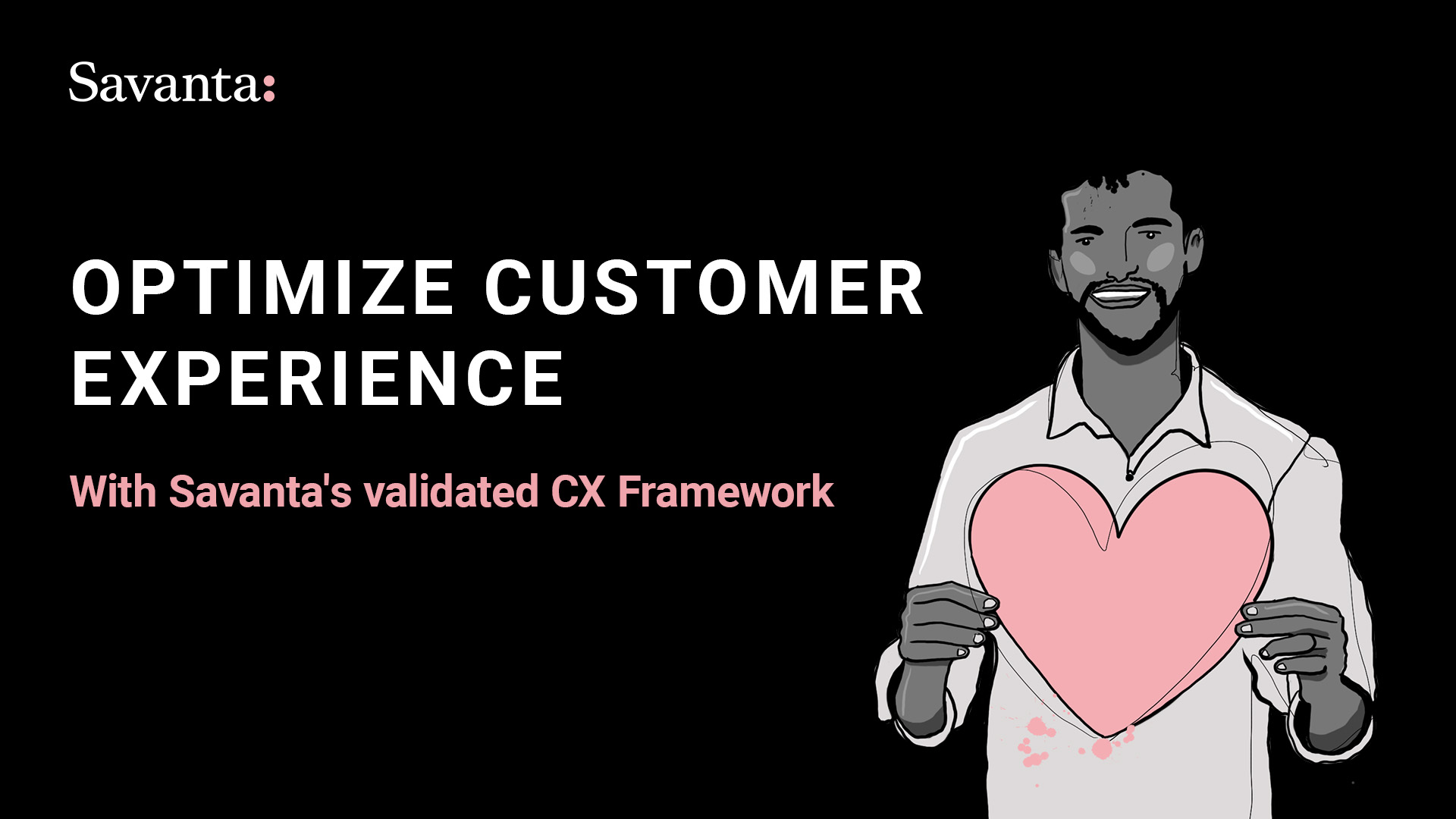










If you’d like to speak with one of our experts right now, please call: +44 (0) 20 7632 3434